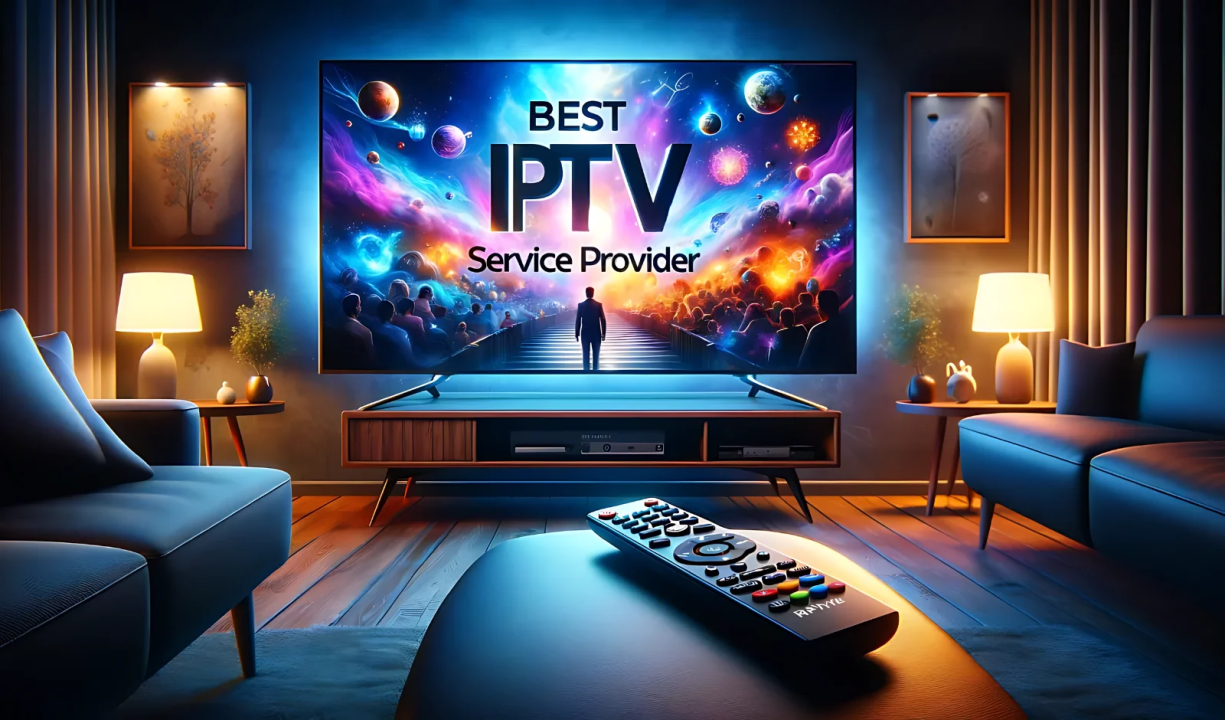In recent years, the way we consume media has undergone a dramatic transformation. With the rise of internet connectivity and smart devices, traditional broadcasting methods are being challenged. One of the most significant developments in this space is Internet Protocol Television (IPTV). This article will delve into the intricacies of IPTV, its advantages, potential drawbacks, and the future it promises for viewers worldwide.
What is IPTV?
IPTV stands for Internet Protocol Television. It is a system that delivers television content over the internet, rather than through traditional terrestrial, satellite, or cable formats. By utilizing the Internet Protocol (IP), IPTV streams video content directly to users’ devices, enabling a more interactive and personalized viewing experience. This technology has rapidly gained popularity as more viewers seek flexibility and on-demand services.
How IPTV Works
IPTV operates by transmitting video content through a secure, high-speed internet connection. Unlike traditional TV, which relies on signals transmitted over the airwaves or through cables, IPTV sends content in packets using IP networks. This allows for various delivery methods, including live television, time-shifted media (like catch-up TV), and video on demand (VOD).
The infrastructure of IPTV typically consists of a content delivery network (CDN), servers to store and process the content, and a user interface that enables viewers to navigate channels and programs. When a viewer selects a program, the IPTV service retrieves the content from the server and delivers it directly to the user’s device, whether it be a smart TV, computer, tablet, or smartphone.
Advantages of IPTV
One of the most significant advantages of IPTV is its flexibility. Viewers can watch content on various devices and platforms, making it easy to enjoy their favorite shows and movies anytime, anywhere. This convenience is particularly appealing to younger audiences who prefer on-the-go consumption.
Another notable benefit is the extensive range of content available. IPTV services often provide access to a wider array of channels and programming than traditional cable or satellite services. Users can enjoy niche channels, international content, and specialized programming that may not be available through conventional means.
Moreover, IPTV typically offers interactive features that enhance the viewing experience. These features can include video on demand, time-shifting capabilities, and personalized content recommendations based on user preferences. Such interactivity allows viewers to take control of their viewing habits, leading to a more engaging experience.
Potential Drawbacks of IPTV
Despite its many advantages, IPTV is not without its challenges. One primary concern is the dependency on a stable and high-speed internet connection. If a viewer’s internet service is unreliable or slow, it can result in buffering, low-quality video, or service interruptions. For users in areas with poor internet infrastructure, this can be a significant drawback.
Additionally, IPTV services can sometimes face legal issues. The availability of certain channels or content may violate copyright laws, leading to potential takedowns or service disruptions. Consumers need to choose legitimate IPTV providers to avoid legal repercussions and ensure they receive quality service.
Furthermore, the sheer number of IPTV providers can be overwhelming for consumers. With countless options available, distinguishing between legitimate services and those that offer pirated content can be challenging. Users must conduct thorough research to ensure they select a reputable provider that aligns with their needs.
The Future of IPTV
As technology continues to evolve, the future of IPTV looks promising. Advances in internet speed and the proliferation of 5G technology are likely to enhance the IPTV experience. With faster connections, viewers can expect higher-quality streams and more seamless interactivity.
Moreover, the increasing popularity of smart home devices and streaming platforms is further propelling the growth of IPTV. Many consumers are gravitating towards subscription-based models that allow them to customize their content consumption. As a result, IPTV services are expected to innovate and diversify their offerings to meet the demands of a dynamic market.
The integration of artificial intelligence (AI) into IPTV is also a potential game-changer. AI can enhance content recommendations, personalize user experiences, and streamline customer service. As these technologies continue to develop, they may redefine how viewers interact with media.
Conclusion
In summary, IPTV represents a significant shift in how we consume television content. With its ability to deliver a vast range of programming, interactive features, and the convenience of viewing on multiple devices, it caters to the modern viewer’s needs. While challenges remain, particularly concerning internet dependency and legal issues, the advantages of IPTV make it an attractive option for many.
As we move forward, the ongoing advancements in technology promise to shape the IPTV landscape, making it an even more integral part of our entertainment ecosystem. For those ready to embrace this evolution, IPTV could very well be the future of television.

